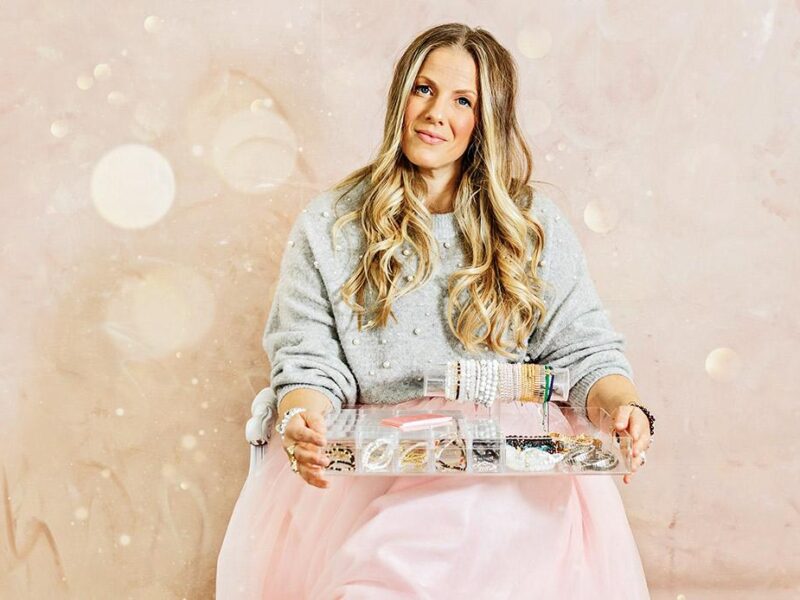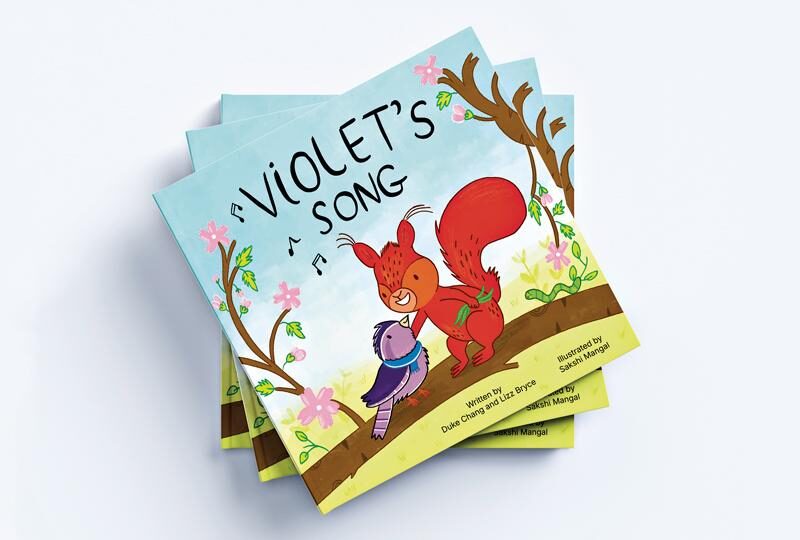More than you think
I’m constantly amazed at how much my kids know.
I don’t just mean that they know unexpected information about the world. I mean more that they are more aware of social and interpersonal dynamics than we often expect, more aware of cultural norms and expectations, more aware of how these things relate to their own thoughts and emotions.
We expect this kind of awareness in children at a certain obvious level. For example, each of my sons went through the stage of realizing that the colour pink is culturally associated with girls. They didn’t learn that in our house. They didn’t even learn it from someone in particular. They learned it by observing that the toys and shows and clothes directed at girls are usually pink. It’s not that they stopped liking pink (even if they said so), it’s that they recognized the meanings that our culture associates with that colour.
We all operate in response to these cultural meanings, of course, often in incredibly subtle, complex, and difficult ways. We’re constantly reading the meanings of even the simplest things – a gesture in a conversation, a new style worn by a celebrity, a jingle in an advertisement, a comment by a supervisor – everything. Reading the world like this is essential to how we function as social creatures.
Because of how complex these interactions are, however, we often assume that kids understand them only in the obvious ways, like when they observe that their culture associates pink with young girls. Yet, as I mentioned in opening, I’ve come to realize that kids understand far more than we think.
I was talking with my middle son today about a friend who had acted unkindly without any real motivation. I suggested that maybe his friend was dealing with feelings about other things. Maybe he was angry with his brother or frustrated with school and was just taking it out on his friends.
My son said, “Dad, I have way more hurt than that. People took me away from my birth family. And then they took me away from my foster family.”
“Yes,” told him, “those are big hurts,” assuming that this level of understanding was where he needed response, but he was able to articulate things far more deeply than I expected.
“It’s like having someone die,” he said, “but nobody else wants to talk about it. You want to cry, but people wouldn’t get it. They’d just laugh at you.”
We spent some time talking about all that, and it was a good conversation, but I made a mental note that once again I needed to rethink how much he can understand and articulate his emotions. It would be easier just to deal with these things on the surface, of course, with the excuse that he’s too young to go much deeper, but the truth is that he needs more from me. He is all too aware of how complex his emotions are, and he needs me to respond to him in a way that respects the subtleties and difficulties of what he is feeling. He needs me to give his emotional intelligence more credit.
And I suspect that this is true of other children too.
Luke Hill is a stay-at-home father of three boys, aged 10, 8, and 4. He has fathered, fostered, adopted, or provided a temporary home for kids anywhere between birth and university. He has taught college courses, adoption seminars, camp groups, Sunday School classes, rugby teams, not to mention his own homeschooled kids.





